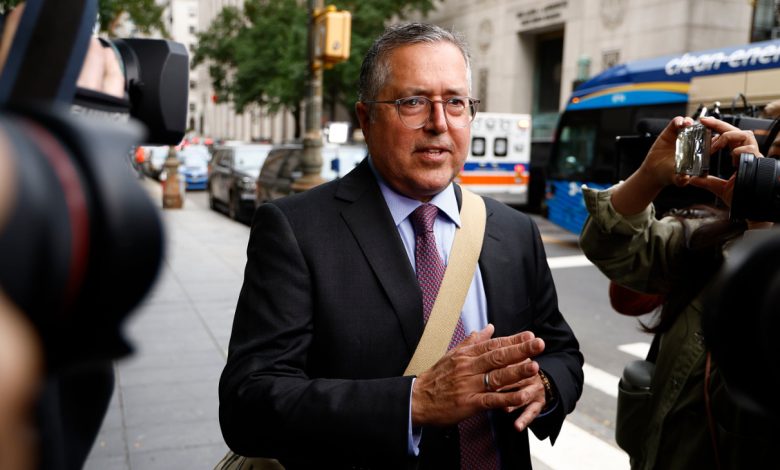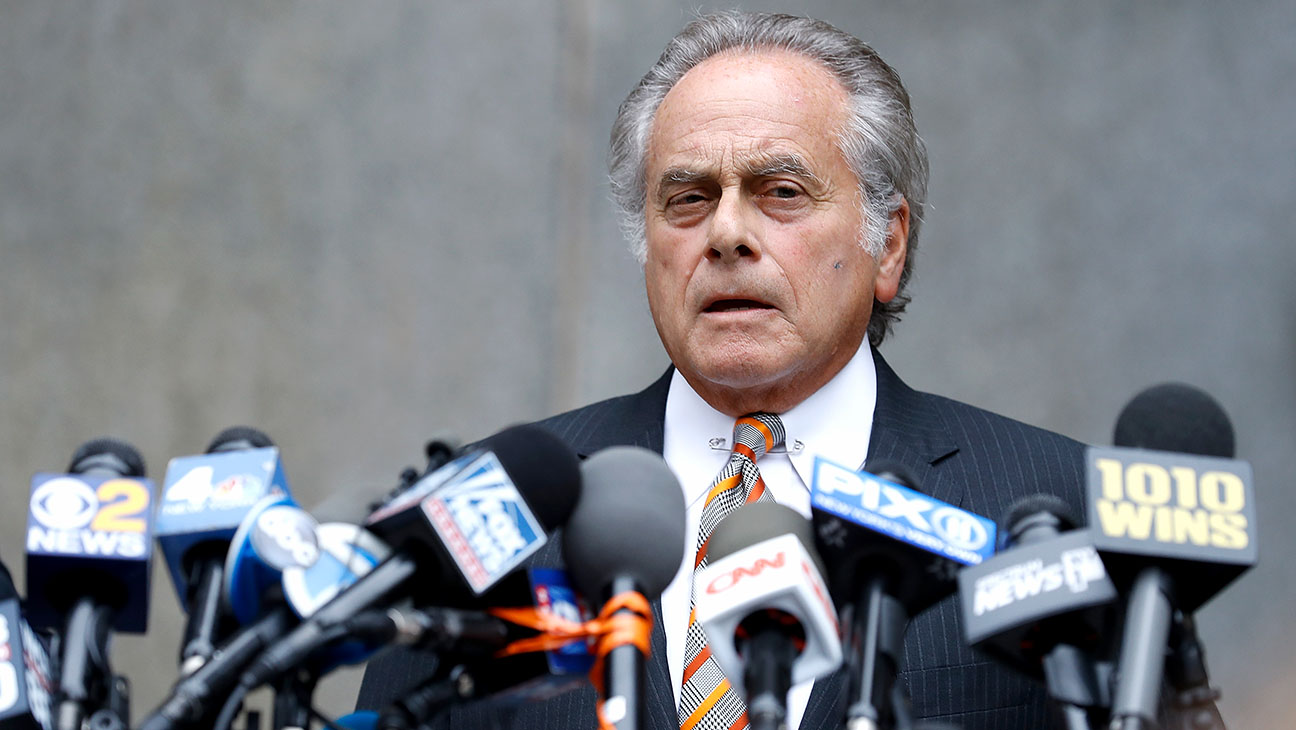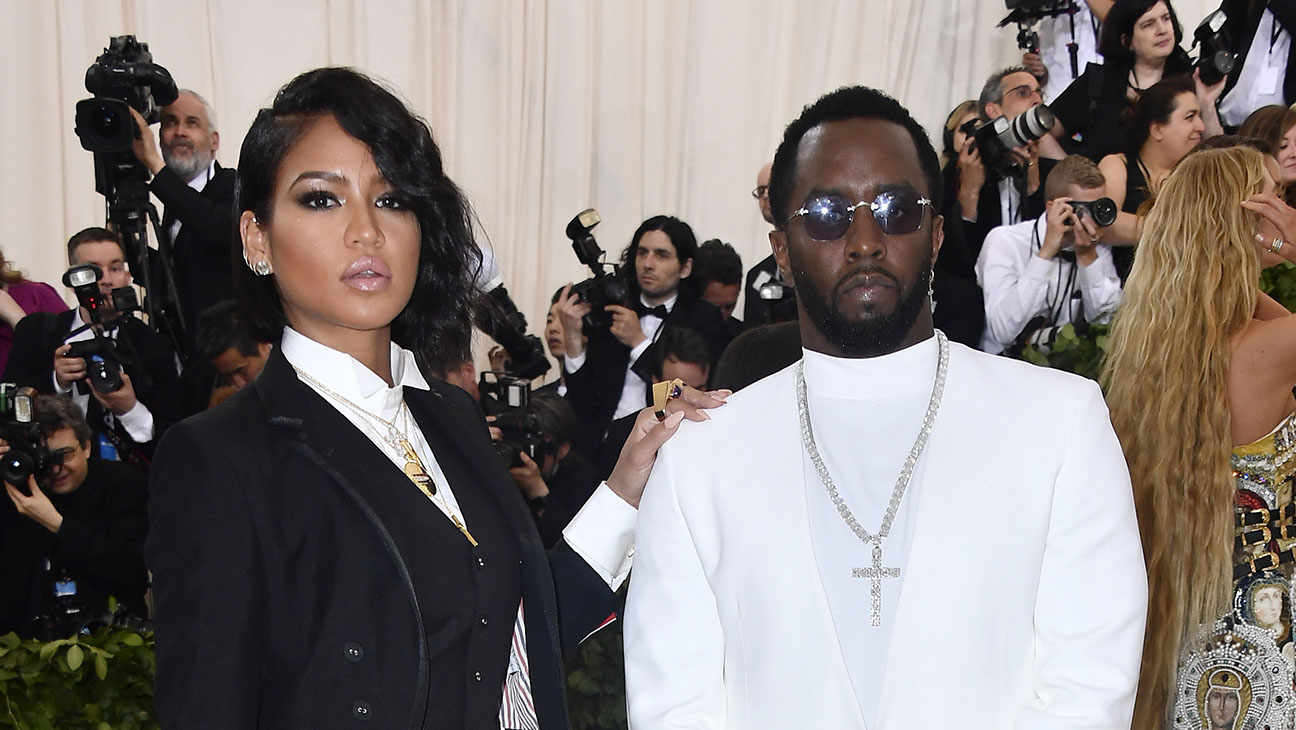Diddy’s Defender: How His Legal Team Will Fight Sex Trafficking, Racketeering Charges

The lawsuit filed against Sean Combs by singer Cassie Ventura advancing staggering accusations of sex trafficking and a decade of physical abuse sent shock waves through the music industry last November and ignited a flood of legal claims against the mogul.
It also sparked one of the highest-profile federal sex crimes investigations in years. And on Sept. 17, prosecutors detailed what they had found: a vast criminal enterprise through which they say Combs, also known as “Diddy,” trafficked women with the help of his business empire from at least 2008. He pled not guilty to the charges the following day.
If convicted, Combs, 54, faces 15 years to life in prison. The founder of Bad Boy Entertainment recognized as among the chief drivers of the commercialization of hip-hop, with a net worth estimated as high as $1 billion, has turned to Marc Agnifilo, a do-it-all defense lawyer with extensive experience litigating complex racketeering cases involving criminal enterprises, like the one Combs is facing.
Agnifilo, an ex-Manhattan Assistant District Attorney and former supervisor at the U.S. Attorney’s Office who had a two-year stint as chief of the violent crimes unit prosecuting gangs, is known for spending nearly two decades working for Combs’ longtime lawyer Ben Brafman on his boss’ biggest cases: Dominique Strauss-Kahn, Martin Shkreli and Harvey Weinstein.

Brafman, now in his 70s, represented Combs for decades. (His client nicknamed him “Uncle Benny.”) He successfully defended the mogul in the criminal case that stemmed from a 1999 New York nightclub shooting and went on to handle headline-generating civil suits for Combs in the ensuing years, including one for allegedly assaulting a partygoer and another for purportedly threatening a longtime choreographer while filming his reality show Making the Band. Brafman also represented Combs when Ventura, an ex-girlfriend once signed to his label, filed the lawsuit that kickstarted the criminal probe.
Earlier this year, Agnifilo and two colleagues struck out on their own to form a boutique criminal law practice. He and another of the departing lawyers now leading Combs’ defense, Teny Geragos, have a history of defending conspicuous figures accused of major crimes, including former Goldman Sachs managing director Roger Ng and NXIVM founder Keith Raniere, who was convicted of sex trafficking. That legal team brought together the who’s who of criminal defense lawyers known for aggressive approaches in representing men accused of violent sex crimes, like Arthur Aidala (Weinstein) and Jennifer Bonjean (R. Kelly, Bill Cosby).
“I specialize in sensitive and high-profile matters,” he’s explained of his métier, much of which has involved charges brought by the Southern District of New York, including cases involving the black market website Silk Road and the international prostitution ring connected to the downfall of Gov. Eliot Spitzer. The same U.S. Attorney’s Office has also indicted Combs.
The duo was retained by Combs in March to coordinate his defense in the federal prosecution, Agnifilo said at a Sept. 17 court hearing. Almost immediately, they launched an investigation into what they figured the government’s indictment would look like. They’ve interviewed several witnesses over the past six months.
Expect Agnifilo to go on the offensive: The women and sex workers who engaged with Combs did so consensually for their own reasons — whether that was money, career advancement or romantic interest in the megastar.
“We are not merely making general denials of guilt,” he wrote in a Sept. 18 letter to the court over Combs’ denial of bail. “Rather, we are advancing detailed, specific facts that undermine the Government’s theory at its core.”
By his thinking, the sex trafficking charge revolves around a single accuser, Combs’ ex-girlfriend Ventura. And while their 10-year relationship was toxic, there were no sex crimes, Agnifilo said. Employing the same playbook as many celebrities accused of sexual assault, he’s expected to portray Ventura as a scorned ex-girlfriend who sought a quick payday by threatening to sue Combs and publish a tell-all book recounting her time with him.
“We are now in a position where the only person alleged to be a victim extorted Combs (on audio tape) and profited millions of dollars,” the lawyer wrote in the same filing. “We have countless written communications that tend to negate any lack of consent and any coercion.”
The court will determine at a later stage whether the lawsuit and settlement will be allowed into the trial. Combs will argue they’re relevant to Ventura’s credibility, while prosecutors will argue that they’ll bias the jury.
Consent will likely be a battleground during the trial. Agnifilo claimed that the government tellingly didn’t allege that Ventura never agreed to bringing a third partner into their sexual encounters. When interviewed, six of these men denied seeing any red flags, including coercion, anyone being overly intoxicated and lack of consent, according to the lawyer.
“Does everybody have experience with being intimate this way? No,” Agnifilo said at a Sept. 17 hearing. “Is it sex trafficking? No, not if everybody wants to be there.”
Undermining that theory is Ventura’s account of her relationship with Combs, which will presumably come into the trial through her testimony. In her lawsuit, she alleged she was “trapped by [Combs] in a cycle of abuse, violence and sex trafficking,” citing multiple incidents in which he allegedly “punched, beat, kicked and stomped” her as a means of control. The mogul would demand Ventura to perform sexual acts with other men, she claimed. “Sometimes, Mr. Combs would pay to fly male sex workers to his location, including to multiple cities in the United States as well as abroad,” stated the complaint, which helped formed the basis of the racketeering charge from prosecutors by alleging that Combs would require “his staff to help him make these arrangements.”

When she tried to leave, the lawsuit said that Combs used his “vast network of corporations and affiliated entities” to find and lure her back. According to the complaint, one altercation in 2011 involved him lunging at her with a corkscrew and subsequently hitting her several times after Combs’ “network of enforcers” followed her to the home of Kid Cudi, who housed her when she was trying to flee (the rapper’s car was allegedly set ablaze by a Molotov cocktail in retaliation). Another incident involved Bad Boy management allegedly telling her that her single wouldn’t be released if she didn’t answer Combs’ phone calls.
The racketeering charge, which Agnifilo has written and lectured extensively on, will likely prove a more substantial challenge to overcome than sex trafficking. It’s a method of prosecuting a crime rather than accounting for one in particular. The Racketeer Influenced and Corrupt Organizations Act (RICO) has been used to bring murder, insider trading and sex trafficking cases, among several other types of charges. All prosecutors will have to prove is a pattern of racketeering activity involving at least two criminal acts within a certain time frame, the defendant’s knowledge of the conspiracy and that it extended beyond himself.
Speaking to the alleged racketeering conspiracy as it relates to guns seized from Combs’ homes, Agnifilo claimed that the weapons belonged to security personnel.
“How they do it, whether they did it right, whether they did it wrong, whether they should have an AR-15 with no serial number, you know what, not for us to say,” he said at the Sept. 17 hearing. “Not his gun.”
Backing Agnifilo is Geragos, another Brafman firm alum. She’s the daughter of high-profile L.A.-based attorney Mark Geragos, who himself has had a long history with Brafman. (They teamed up during Michael Jackson’s child molestation saga, and in more recent years Brafman represented Geragos when the latter reportedly became an unindicted co-conspirator in Michael Avenatti’s Nike extortion case.) Agnifilo’s wife, Karen Friedman-Agnifilo, a former top deputy in the Manhattan District Attorney’s office who had to recuse herself due to his work on the Strauss-Kahn and Weinstein cases, is also tied to Geragos’ firm: She co-hosts a Trump-critical podcast with his law partner Ben Meiselas.
Geragos, who touts her experience defending those accused of sexual misconduct, will likely take on the delicate task of cross-examining female witnesses about their claims against Combs. (Defense teams often presume juries may be sensitive to men questioning women in court about alleged sexual violence, which is why female attorneys are frequently called on for such inquiry. Exhibit A: Lawyer Donna Rotunno’s work during the Weinstein trial, which followed Brafman and Agnifilo’s departure from his defense team.)
With the denial of bail for Combs, he’ll have to formulate his defense at Metropolitan Detention Center in Brooklyn, where an inmate was murdered while awaiting trial this summer and which is known for unsafe and squalid conditions. His legal team is working on moving him to a safer facility.
Source: Hollywoodreporter
Related Posts
- Roundball Rocked: With NBA Return Looming, NBC Purges Scripted Roster
- SoundCloud Says It “Has Never Used Artist Content to Train AI Models” After Backlash on Terms of Service Change
- Fox News’ Camryn Kinsey Is “Doing Well” After Fainting on Live TV
- Kerry Washington and Jahleel Kamera in 'Shadow Force.'
Courtesy of Lionsgate
…
- This Alternative Artist Landed a Top-20 Chart Debut With an Album Made Almost Entirely on His Phone





